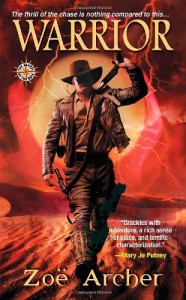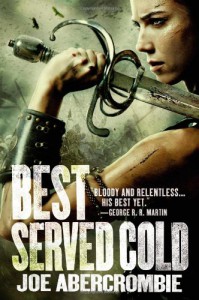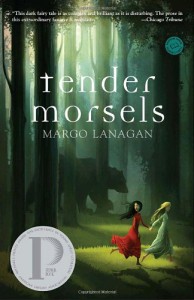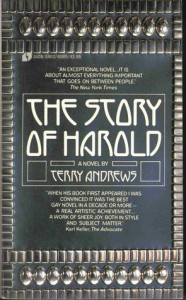The Virgin Soldiers

Synopsis
they don't stay virgins for long!
Review
time to strip down...
for the British soldiers stationed in late 40s-early 50s Malaya at the Panglin Base on Singapore Island, there is one element that impacts them all: the intense, pervasive heat. clothing becomes unnecessary for these soldiers, a burden, and so those clothes are quickly discarded throughout the day and night. the soldiers are stripped down in other ways as well: young, inexperienced in matters of love and death, their personalities only barely formed, virgins in their lack of experience in war, in the understanding of life itself. there is a sameness to these recruits, a shared lack that gives them a sort of anonymity. trade one out for the other and you'd barely notice a difference. the writing and the story itself are likewise stripped down. this is not a novel of gorgeous prose or of adventure after adventure. The Virgin Soldiers is about life on a sleepy base, one where the war against communist guerillas barely encroaches. it is a book about small moments, ways to amuse yourself when bored and stuck in one place. and so Thomas describes his story's anecdotes with a certain nonchalance, a lack of poetry, using only the occasional splash of vivid imagery to brighten the pages. it made the reading experience an easy and swift one, but a rather forgettable one as well.
time to fuck...
with soldiers who have so much time on their hands and so little to do, in their teens and early 20s, one obsession connects them all: their dicks. the book is frank and highly sexual, but it is not a sexy book. nonchalance balances frankness and so the end result is sexual behavior treated with a lack of heat and drama. whether they are contemplating their various erections in the barracks or getting it on with various Asian whores in a nearby city, reckless passion is rarely present; instead there is a constant and very prosaic horniness, an itch that always needs to be scratched. one of the things I appreciated about this book is Thomas' decision to include the perspective of Phillipa, the 20-year old daughter of a particularly repugnant Sergeant-Major. she dominates the thoughts of many soldiers, including the appealing protagonist Brigg and the admirable Sergeant Driscoll; her vaguely contemptuous disinterest that barely hides a deep well of seething anger in turn dominates the narrative whenever she appears. a fascinating character. I also liked the lack of homophobia in the offhand description of a pair of soldiers in love with each other, and I particularly respected the lack of sexism in the depiction of the whores that Brigg and his buddies return to repeatedly. the author's honesty and lack of issues, his refusal to be judgmental when presenting sexual relations and sexuality in general is really admirable.
time to die...
the base on Singapore Island may be a quiet one, its soldiers bored out of their skulls, but death still comes to call in The Virgin Soldiers. the horrible and tragic death of one of the female characters comes out of nowhere; its suddenness and the careless way it is described to Brigg was like a punch in the gut for both Brigg and me. likewise with the accidental death of a soldier who steps on a mine: a beautiful morning on the beach, young men swimming and playing football, a terrible explosion, body parts everywhere - and then a memory that won't go away for Briggs, or me. those are isolated incidences in the overall story, but death comes in a major way near the end of novel. a bandit attack on a train transporting civilians and soldiers returning from vacation is completely hair-raising. Thomas' decision not to alter the breezy nonchalance of his story nor to escalate his stripped-down prose into something more dramatic made this sequence particularly striking. the mayhem and confusion, the body parts, the moments of cowardice and heroism... all are reported in same casual way in which Thomas describes a bullfrog race a few pages earlier. a commendable show of restraint. and although it was not a particularly memorable experience overall, I would say that the novel is still quite commendable as well. no complaints from this corner.
 3
3
 1
1



























